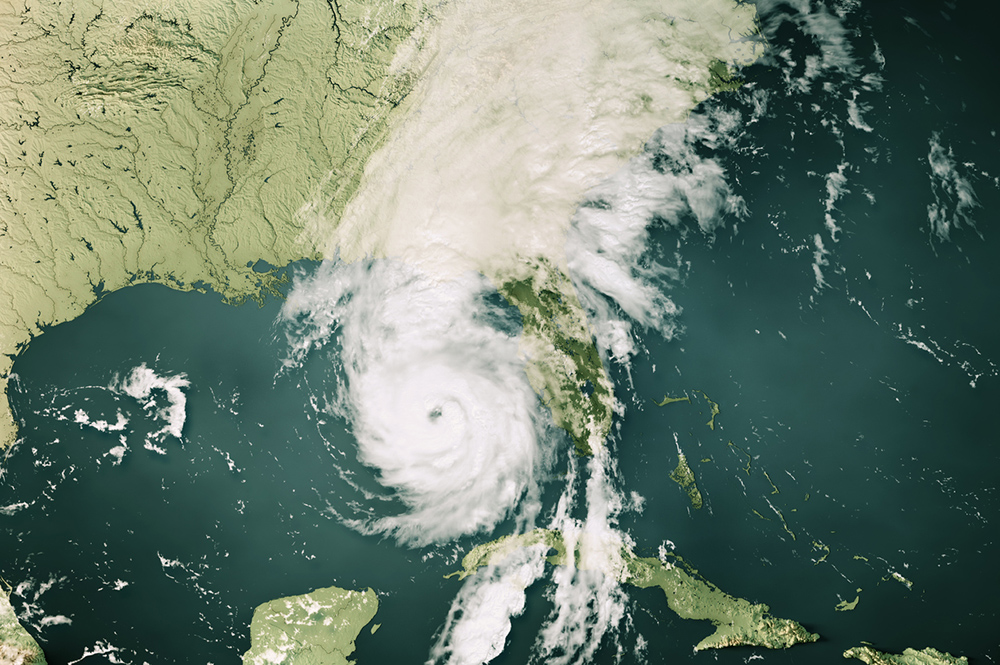Since Dec. 1, Georgians have experienced abnormally cold and wet weather, resulting in very high heating demands across the state.
For the first half of the climatological winter, Dec. 1 through Jan. 15, heating demand has been well above normal and last year’s levels.
In south Georgia, for example, heating demand has ranged from 19 percent above normal in Savannah to 43 percent above normal in Alma, or 80 percent to 100 percent more than this time last year for the region.
The percentages are based on heating degree days, which reflects the amount of energy needed to heat a building to a comfortable level considering the daily outside temperature.
Across the piedmont, the demand has been 30 percent above normal for Atlanta and 25 percent above normal for Athens, or 50 percent to 60 percent more than last year for the region.
In middle Georgia, the demand has been 39 percent above normal for Columbus, 28 percent above normal for Macon and 24 percent above normal for Augusta, or 75 percent to 90 percent more than last year for the region.
For the first half of January, heating demand across the state was even greater than for the winter as a whole. This means that January heating bills are expected to be much higher than last year.
Between Jan. 1 and Jan. 15, heating demand in the piedmont has ranged from 40 percent to 50 percent above normal, or 75 percent to 100 percent more than the same period last year.
For middle Georgia, it has been 50 percent to 70 percent above normal for January so far, or 100 percent to 140 percent more than the same period last year.
For south Georgia, it has been 60 percent to 90 percent above normal, or 140 percent to 180 percent more than same period last year.
In addition to low temperatures, there is an increased risk of severe thunderstorms and tornadoes through the spring. Tornadoes in late January and February are not unusual in Georgia. These tornadoes can form anytime, day or night.
The current El Niño winter pattern is expected to continue through March.
Up-to-date weather information can be found online at www.georgiaweather.net.






